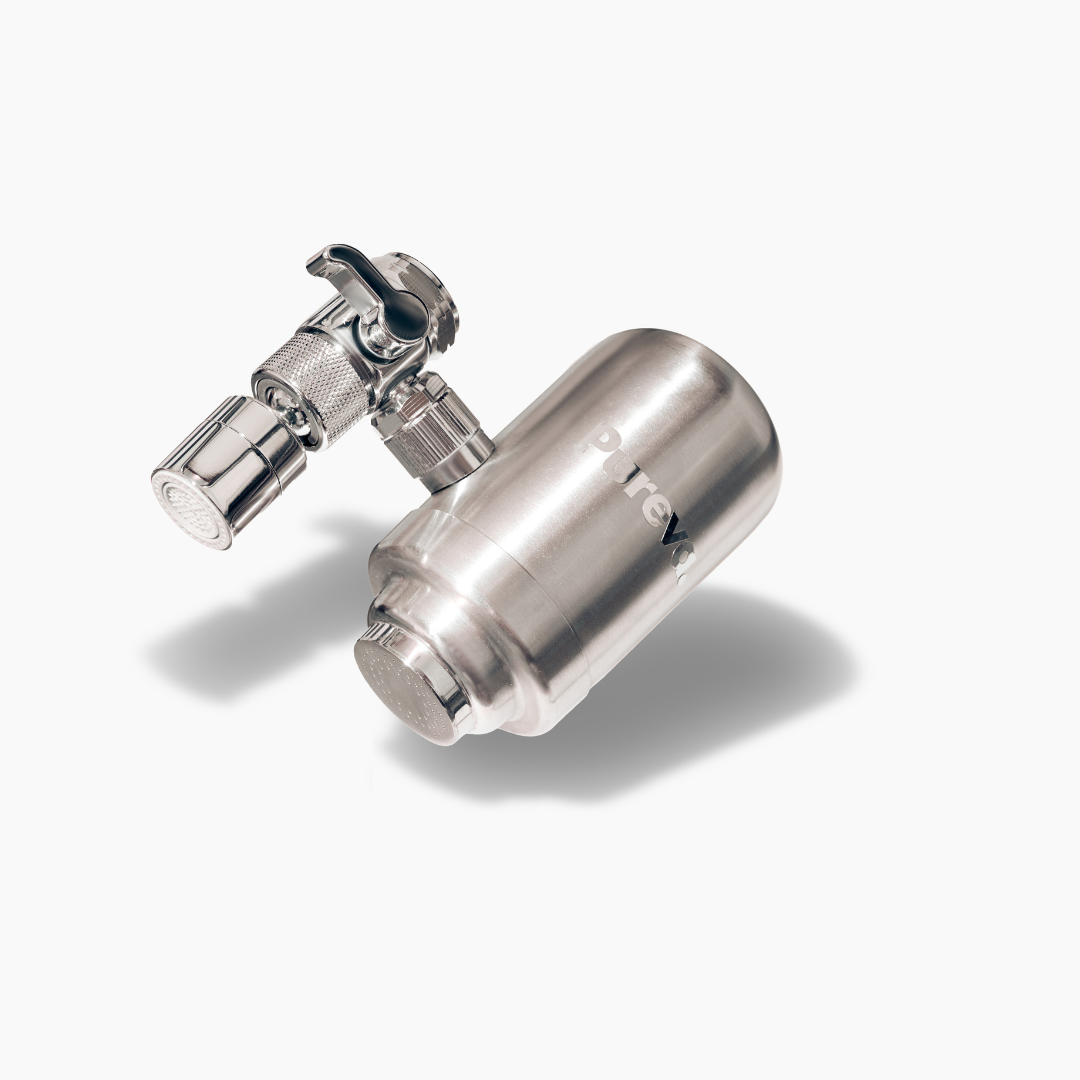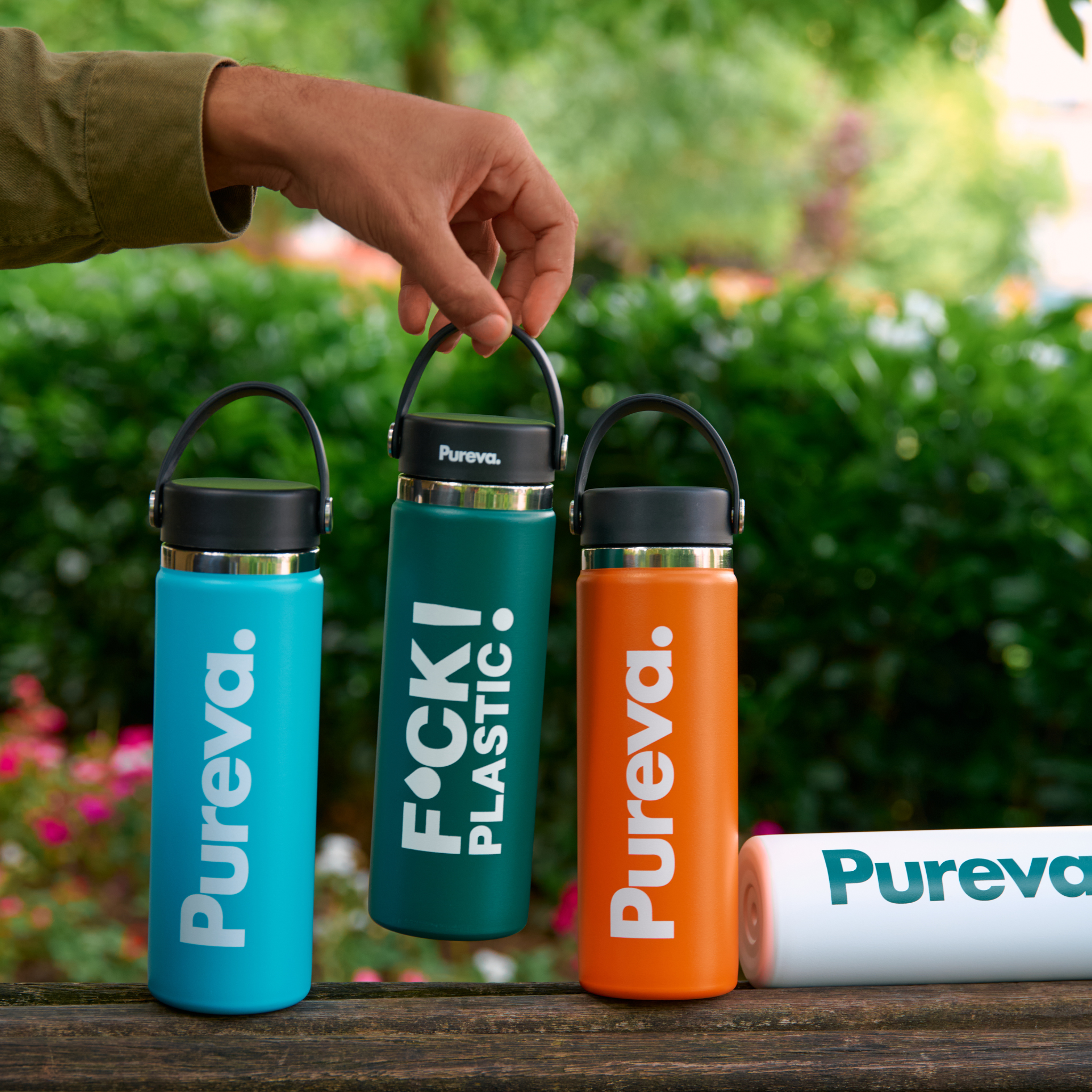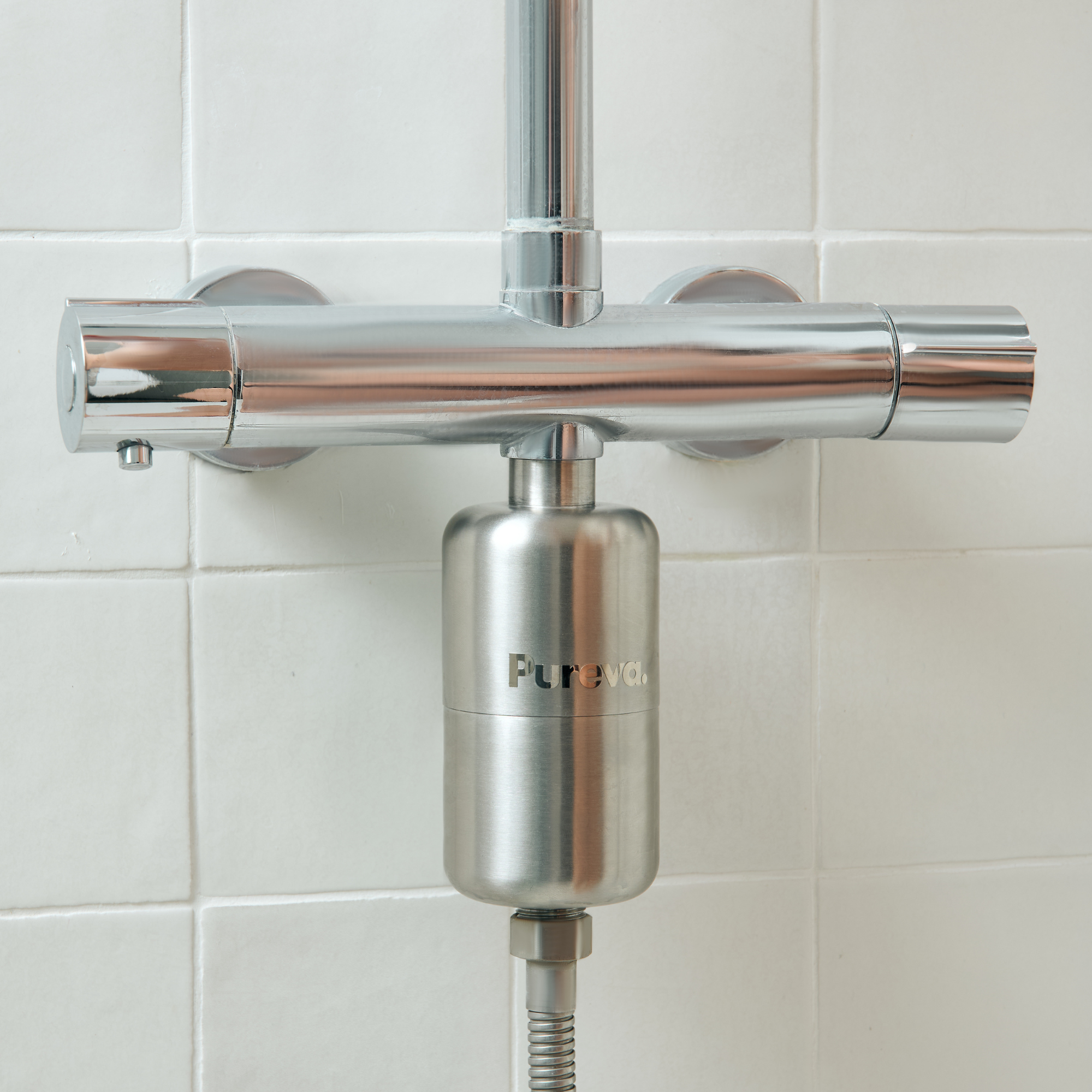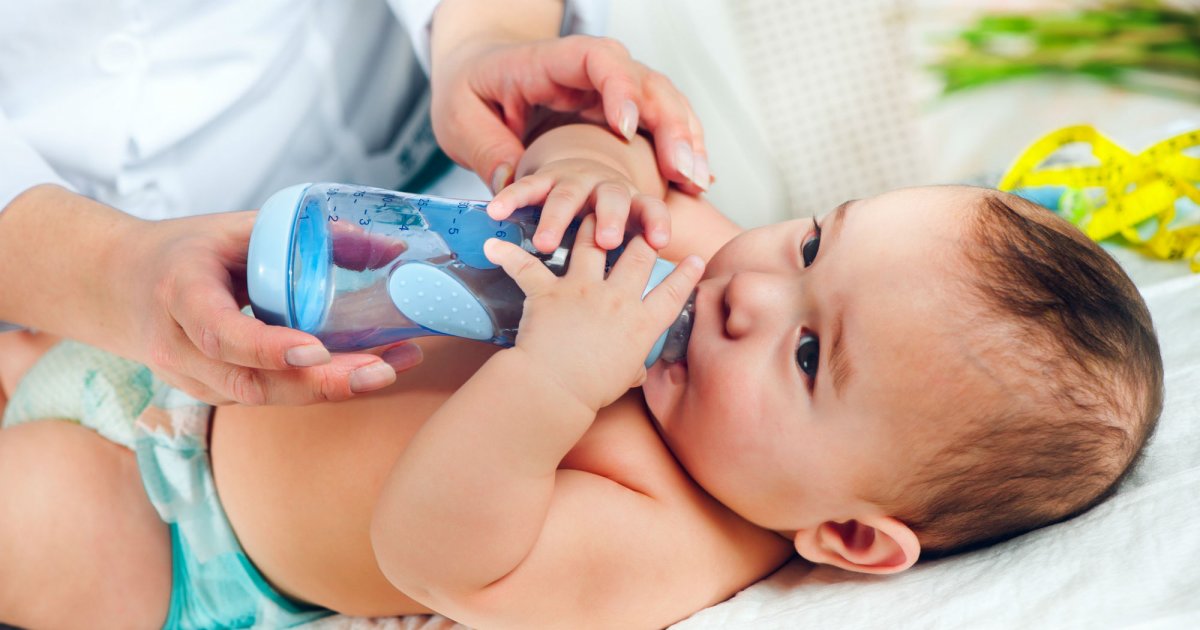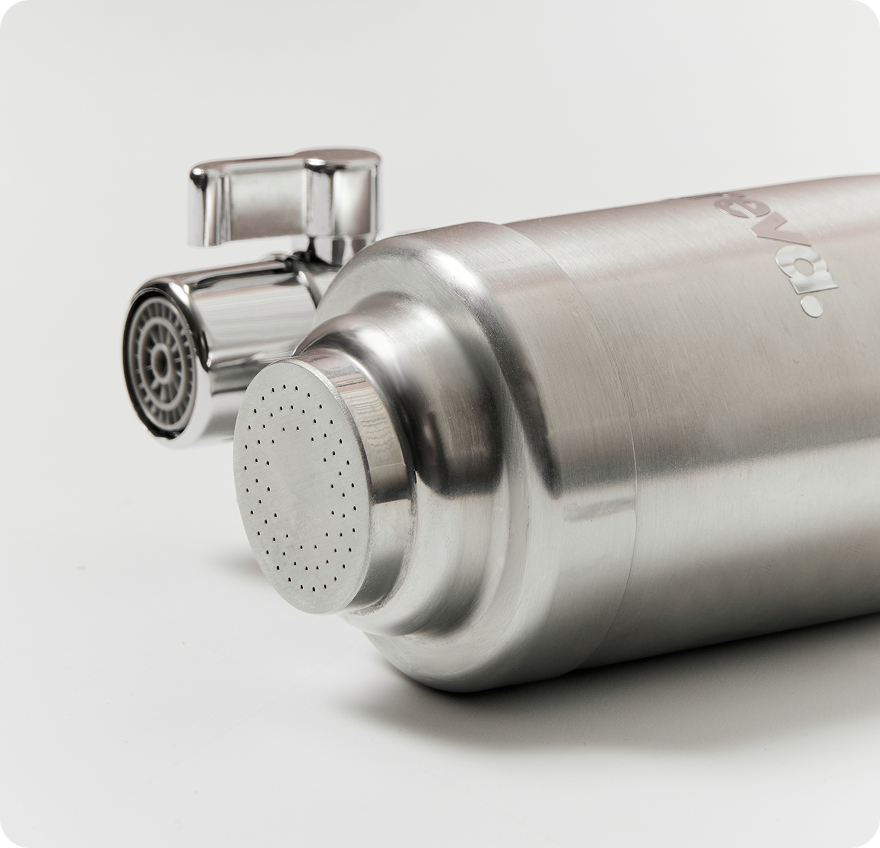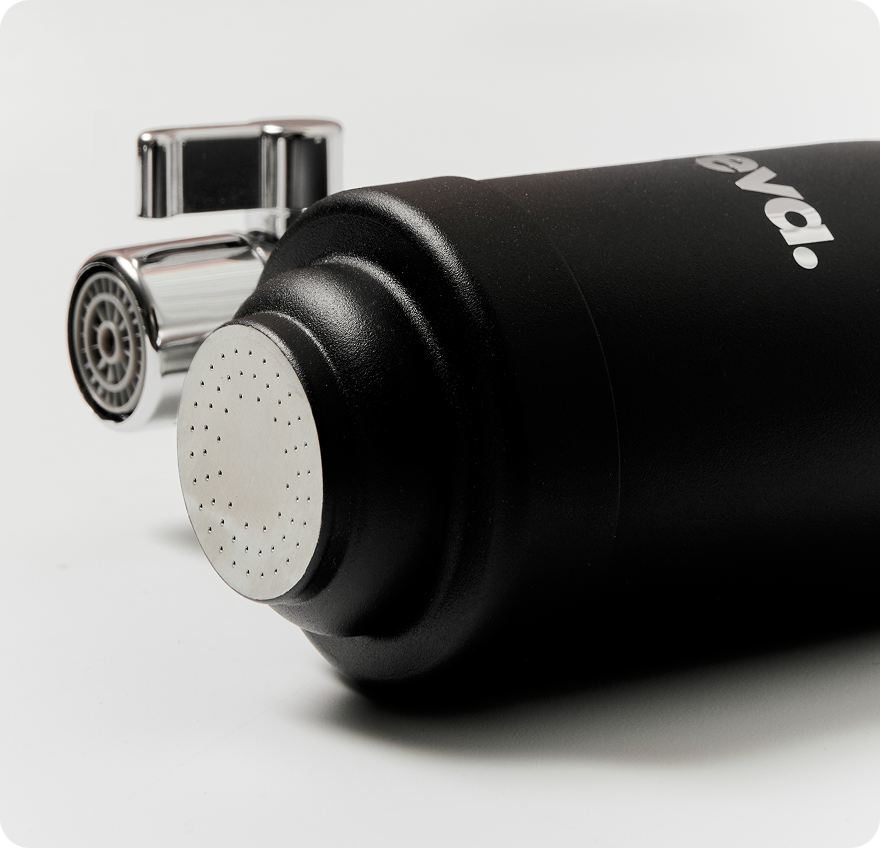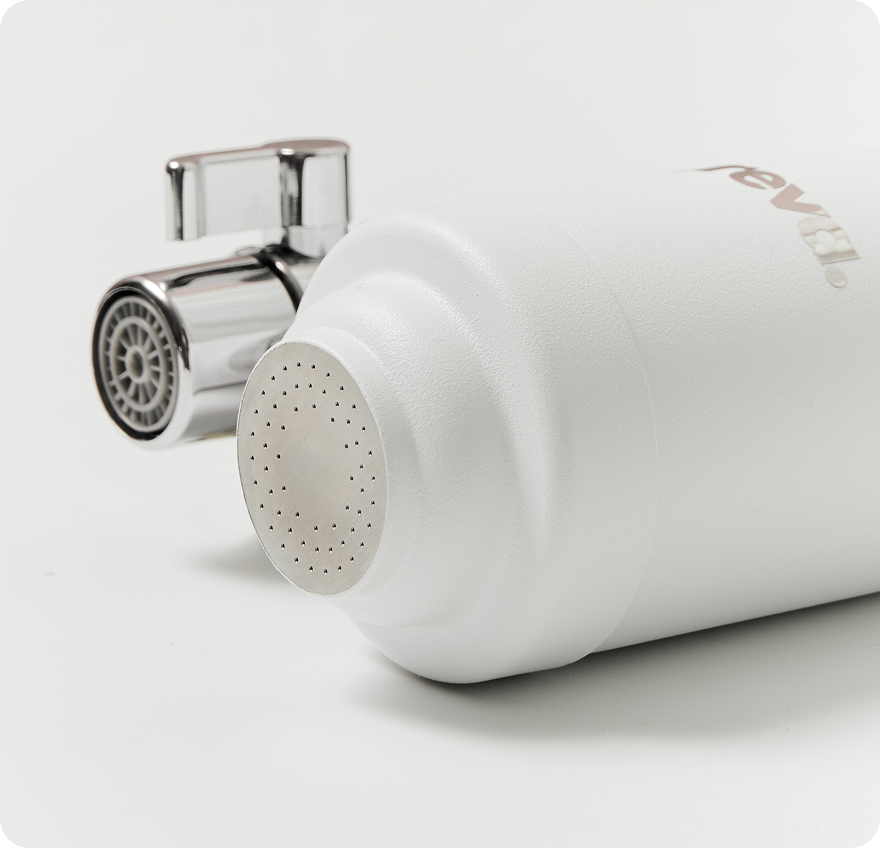Preparing baby bottles for your newborn can raise a pertinent question that many new parents ask themselves: can you give tap water to a baby? Is it suitable, and are there any risks associated with its consumption for a toddler? Of course, in controlled quantities, tap water can contain various elements (chlorine, heavy metals, pesticides, microplastics, VOCs, limescale) that pose risks to the health of babies and the rest of the family. Stay calm! Here, we take a look at the recommended waters for making baby bottles and the existing alternatives to tap water.
When can a baby drink tap water?
Regarding the question: from when can a baby drink tap water, we recommend that you follow the official recommendations below.
Official recommendations
The World Health Organization (WHO) and pediatricians strongly recommend taking necessary precautions regarding the consumption of tap water by newborns.
Before six months, it is not recommended to give your little one pure water. Only breast milk or infant formula is sufficient to hydrate your baby. After six months, when introducing solid foods, it becomes possible to give your baby small amounts of tap water. However, you must ensure the good quality of the local water before using it (potential presence of lead or nitrates in some regions). Find the latest analysis results for your local tap water at your town hall.
If you can't drink tap water, give your child special baby water that is nitrate-free and low in minerals . We also present an economical and natural alternative at the end of the article.
When to stop using special baby water?
From seven months, your baby begins eating a more varied diet. Their kidneys have reached a higher stage of maturity. Tap water is then suitable for drinking and preparing meals. Tap water undergoes several daily checks. Before using it, run it for a few seconds to eliminate any risk of contamination (lead pipes). If in doubt, do not hesitate to contact your water supplier or your local council.

Can you make a baby bottle with tap water?
For preparing baby bottles , you can use spring water with a low mineral content (less than 150 mg per liter). Tap water can also be used, unless it contains too much nitrate and sodium.
Caution: for an infant, the nitrate level must be less than 10 mg per liter of water.
For older homes built before 1948, lead may be present in the pipes. In this case, choose bottled or filtered water, which will have a lesser impact on the environment, your health, and your budget.
If the water from the local network is suitable for consumption by a baby , take these few precautions:
- Check the quality of your local tap water with the National Agency for Food, Environmental and Occupational Health and Safety (ANSES).
- Run the water for a few seconds before consumption.
- Use only cold water.
- If necessary, boil it and then cool it first.

What waters should an infant avoid?
For children under two years of age, hydration is certainly essential, but what's even more important is the quality and characteristics of the water you give them. An infant's kidneys are immature. Whether it's mineral water or tap water in certain geographical areas, certain types of water should therefore be avoided for newborns.
Mineral waters: what you need to know
ANSES recommends using mineral water with a mineral or dry residue content of less than 1,000 mg per liter to protect your baby's kidneys. Here are its recommendations:
- For added peace of mind, avoid using mineral waters containing more than 500 mg of minerals per liter of water.
- Prohibit the use of mineral waters with levels higher than 10 mg/l of nitrates, 50 mg/l of magnesium, 200 mg/l of sodium, 100 mg/l of calcium, 250 mg/l of chlorides, 140 mg/l of sulfates and 0.3 mg/l of fluoride in the case of medical fluoride supplementation.
Tap water in polluted or unfiltered areas
Even if it is drinkable, tap water , if it does not meet the ANSES criteria specified above and if local restrictions exist regarding its consumption, must be avoided for the hydration of infants . In departments or regions of France where the mains water is likely to be polluted (presence of lead, nitrates) or contaminated and unfiltered, it remains unfit for consumption, especially for newborns.

What alternatives can be used?
To ensure you use water that is suitable for your little one when preparing their bottles and later meals, there are several solutions:
- Buying bottled natural mineral water and spring water: the bottle must be labeled “suitable for feeding babies.” However, this option has ecological (presence of plastic) and health (presence of chemicals such as phthalates and bisphenols) disadvantages.
- Filtration of your water: an economical, practical and more ecological solution.
Can you give filtered water to a baby?
It is perfectly possible to use filtered water to prepare your baby's bottles or meals. On one condition: choose the type of filter suitable for infants.
Importance of filtration systems for tap water
Are you considering stopping using plastic bottled water to prepare your baby's bottles and meals? What if you opted for filtered water directly from the tap ?
Although this method is possible, it requires careful consideration of the type of filters you install. Choose from these different water filtration techniques to obtain pure, uncontaminated water:
- Water filtration with an activated carbon filter.
- Water filtration through a microporous ceramic filter.
- Water filtration using the reverse osmosis process (water purification using a very fine but demanding and impractical filtration system).
Pureva Solution: Why choose a ceramic and activated carbon filter?
The Pureva device incorporates advanced technology to eliminate plastic particles and harmful pollutants. It consists of both:
- An activated carbon filter that meets NSF42/53 standards: thanks to its highly porous surface, it captures elements such as chlorine, heavy metals, bacteria and unpleasant odors.
- A microporous ceramic filter: it eliminates contaminants present in the water such as microbiological pathogens and bacteria.
No reduction in flow rate, lower cost of filtered water vs bottled water , more convenient and no hassle with changing cartridges thanks to the subscription. Do not hesitate to contact us if you have any questions.

